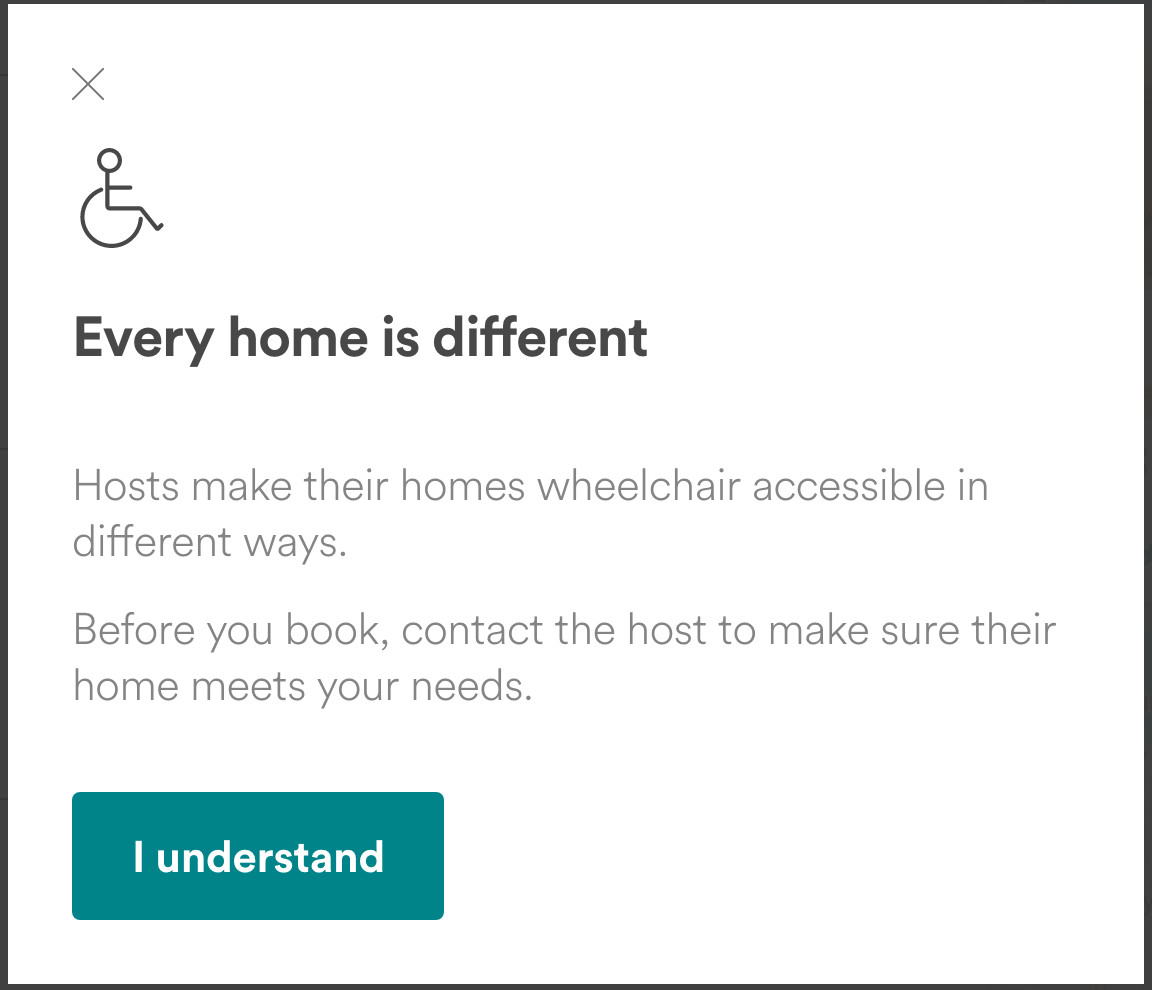Few weeks ago I finished Chaos Monkeys. It is the story of a physicist turned Goldman Sachs analyst, who quit wall street to join a Silicon Valley startup, then went to found his own startup, got into YC, got sued by his previous employer, sold the company to twitter, and landed as one of Facebook’s early Ads product managers, before leaving Facebook and becoming a twitter advisor. As crazy as it sounds, it is a real story with real names and real companies.
As an outsider the valley, and so as most of people, it takes long time to create a mental image of what happens there.
What we see in tech media is full of noise, and it takes time to be able to read between the lines. Personally for me this came through a combination of heavy twitter usage, podcasts, medium, and different media outlets consumption. That’s why when I read this book, I felt like it is a wrap up to everything in a single man’s story.
Here is a quote from the book, about silicon valley rules
Investors are people with more money than time.
Employees are people with more time than money.
Entrepreneurs are simply the seductive go-betweens.
Startups are business experiments performed with other people’s money.
Marketing is like sex: only losers pay for it.
Company culture is what goes without saying.
There are no real rules, only laws.
Success forgives all sins.
People who leak to you, leak about you.
Meritocracy is the propaganda we use to bless the charade.
Greed and vanity are the twin engines of bourgeois society.
Most managers are incompetent and maintain their jobs via inertia and politics.
Lawsuits are merely expensive feints in a well-scripted conflict narrative between corporate entities.
Capitalism is an amoral farce in which every player – investor, employee, entrepreneur, consumer – is complicit.
If you want to understand these lines in detail, read the book.

